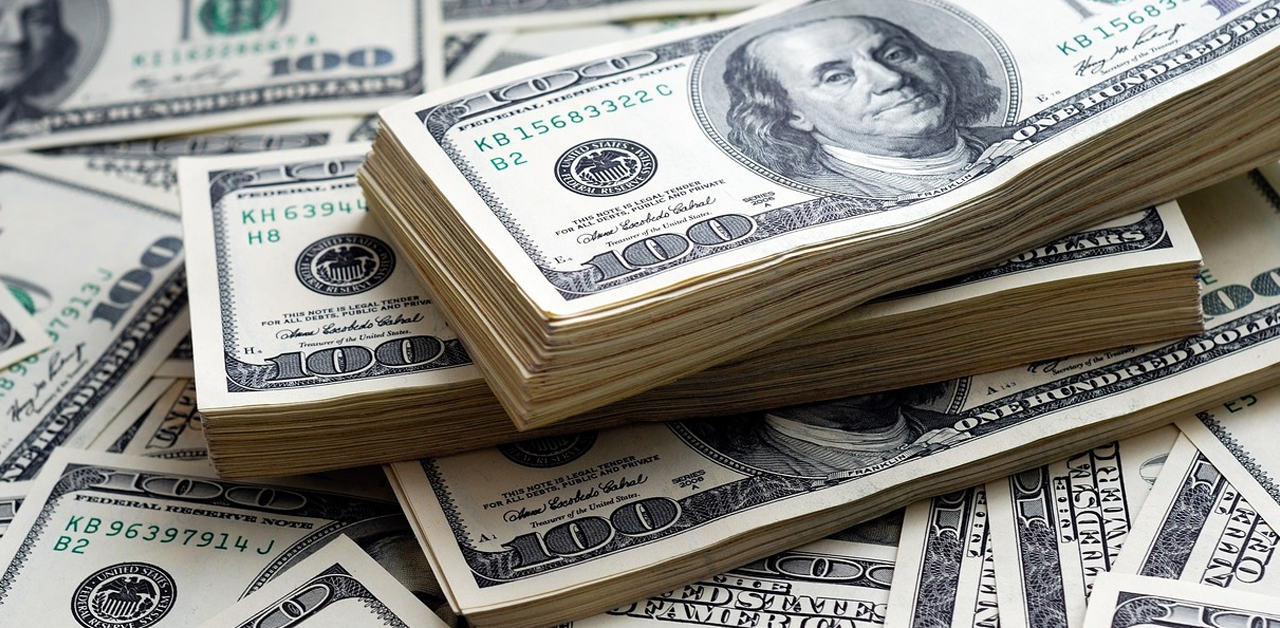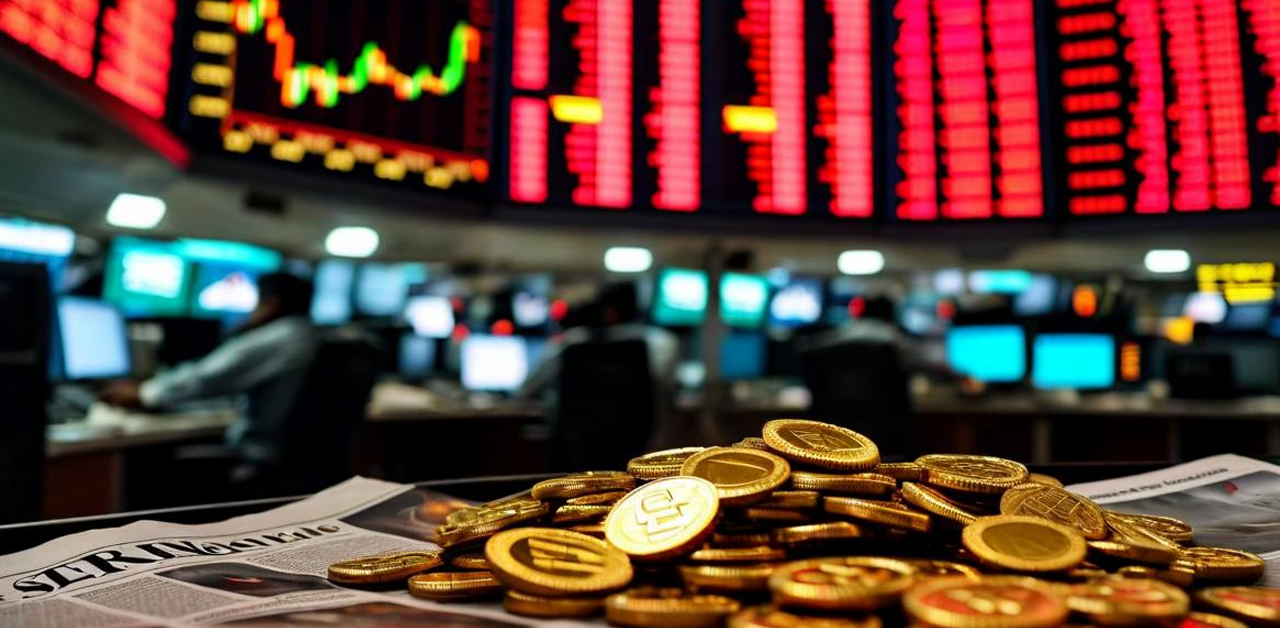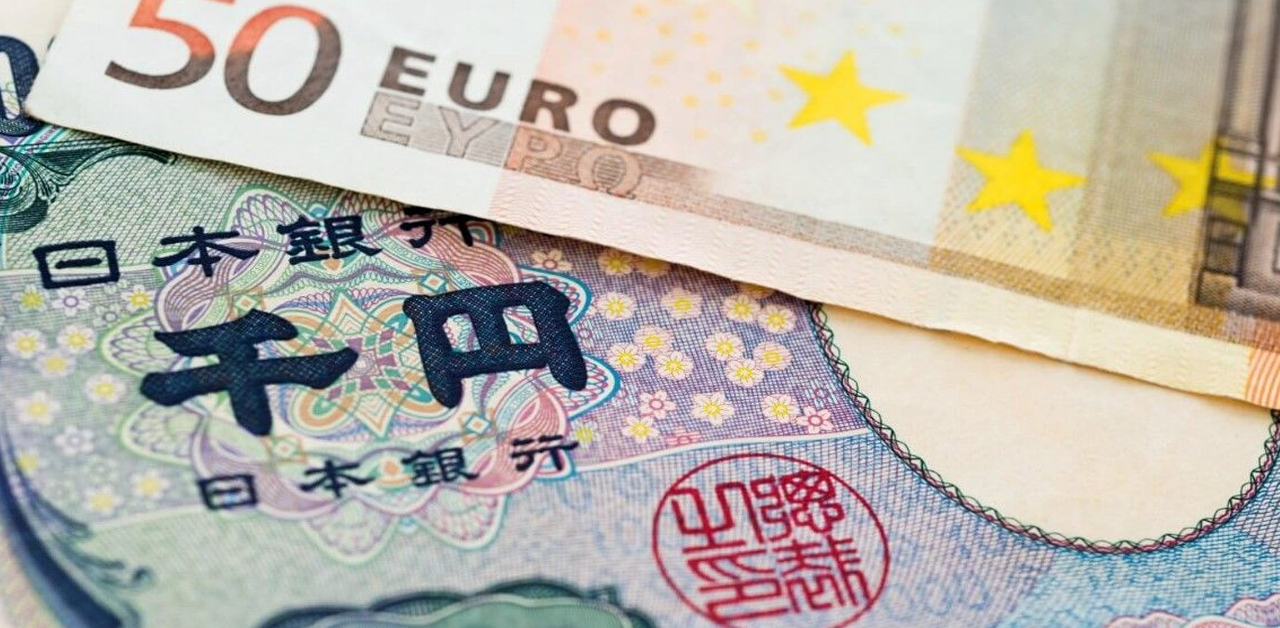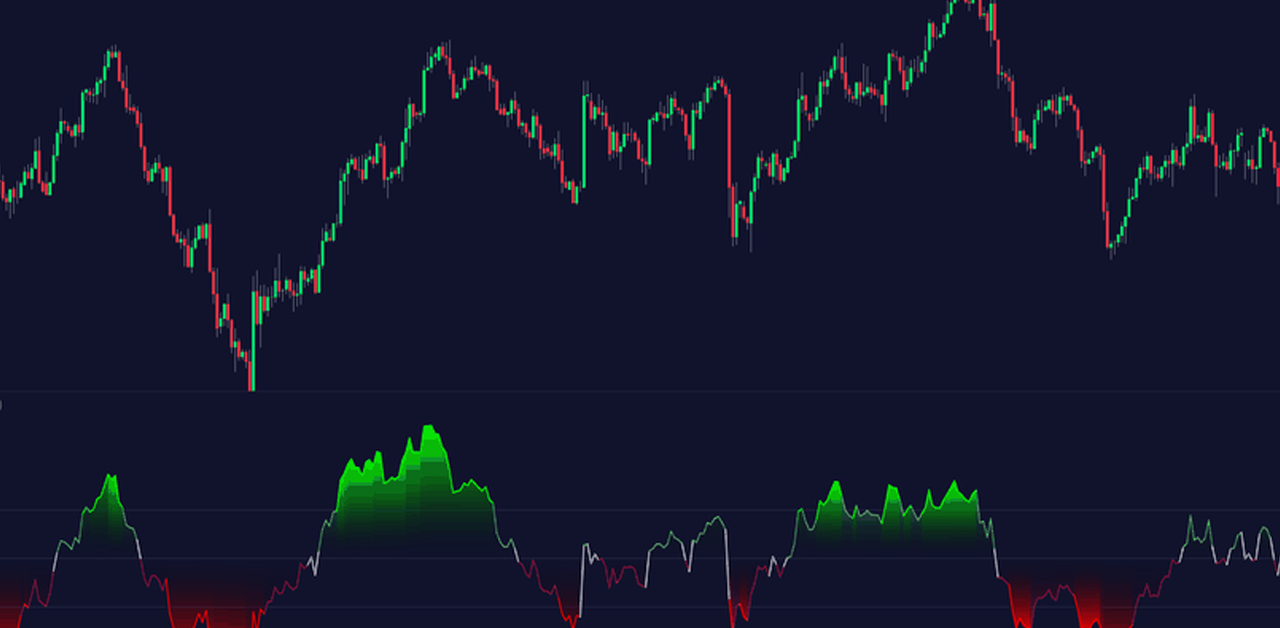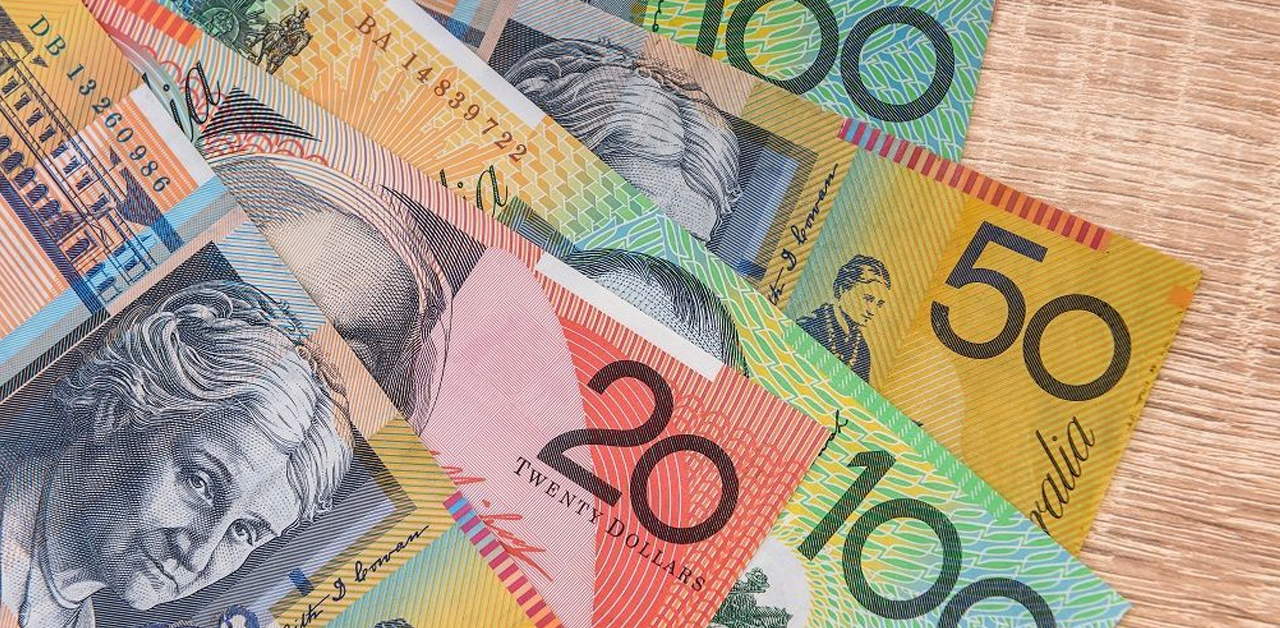China’s Economy Set for Strong Recovery Path
China’s economy is poised for a significant recovery this year, with indicators pointing towards a resurgence in consumer spending, services activities, and export growth. This positive trend has been highlighted by various global financial institutions and senior experts, despite acknowledging potential vulnerabilities due to ongoing challenges.
One of the primary concerns for the Chinese economy is the enduring slump in the property market and a general lag in demand. These factors have raised calls for further easing in macro-economic policies. Expected measures to counter these challenges include potential interest rate cuts, which could occur as early as this month, increased fiscal initiatives by the central government, and additional financial support for real estate developers.
UBS Investment Bank’s Chief China Economist, Wang Tao, noted on Tuesday that China’s economic momentum is likely to stabilize and improve throughout the year. This optimism is based on the revival of consumer spending, particularly as the services sector and labor market continue to recover from the setbacks caused by COVID-19. Additionally, there’s an expectation of an uptick in exports, driven by a global demand increase in electronics and technology products. However, the property sector remains a concern, with its potential drag on the economy expected to lessen as real estate development investment stabilizes in the latter half of the year. Wang also highlighted the risk of a further decline in the property sector, which could lead to deeper housing price corrections and negatively impact household confidence.
China’s economic activity showed signs of improvement in November, with exports returning to growth and retail sales, services activities, and industrial output all gaining momentum. However, the property sector continued to struggle, with a 9.4 percent decline in real estate development investment compared to the same period in the previous year.
Societe Generale’s Chief Economist for Asia Pacific, Yao Wei, emphasized the need for policymakers to support real estate developers to alleviate debt pressures. With additional policy relaxations, increased fiscal support, and further monetary easing, Yao projects a stable growth rate of 4.5 percent for the Chinese economy this year.
Lu Ting from Nomura anticipates a rate cut by the People’s Bank of China (PBOC) to facilitate liquidity through the medium-term lending facility. Zou Lan, head of the PBOC’s monetary policy department, confirmed the bank’s commitment to employing a comprehensive set of tools to support social financing and credit expansion.
Tsinghua University’s Li Daokui projected a growth rate of around 5 percent in 2024, contingent on timely policy adjustments and implementations by the government. He emphasized the importance of proactive policy measures to prevent noneconomic policies from hindering economic activities.
Xu Gao, Chief Economist at BOC International, speaking at the same forum, pointed out that subdued demand, exacerbated by the ongoing property downturn, remains a significant challenge. He suggested that the central government should incur more debt to fund infrastructure investments and boost demand.

